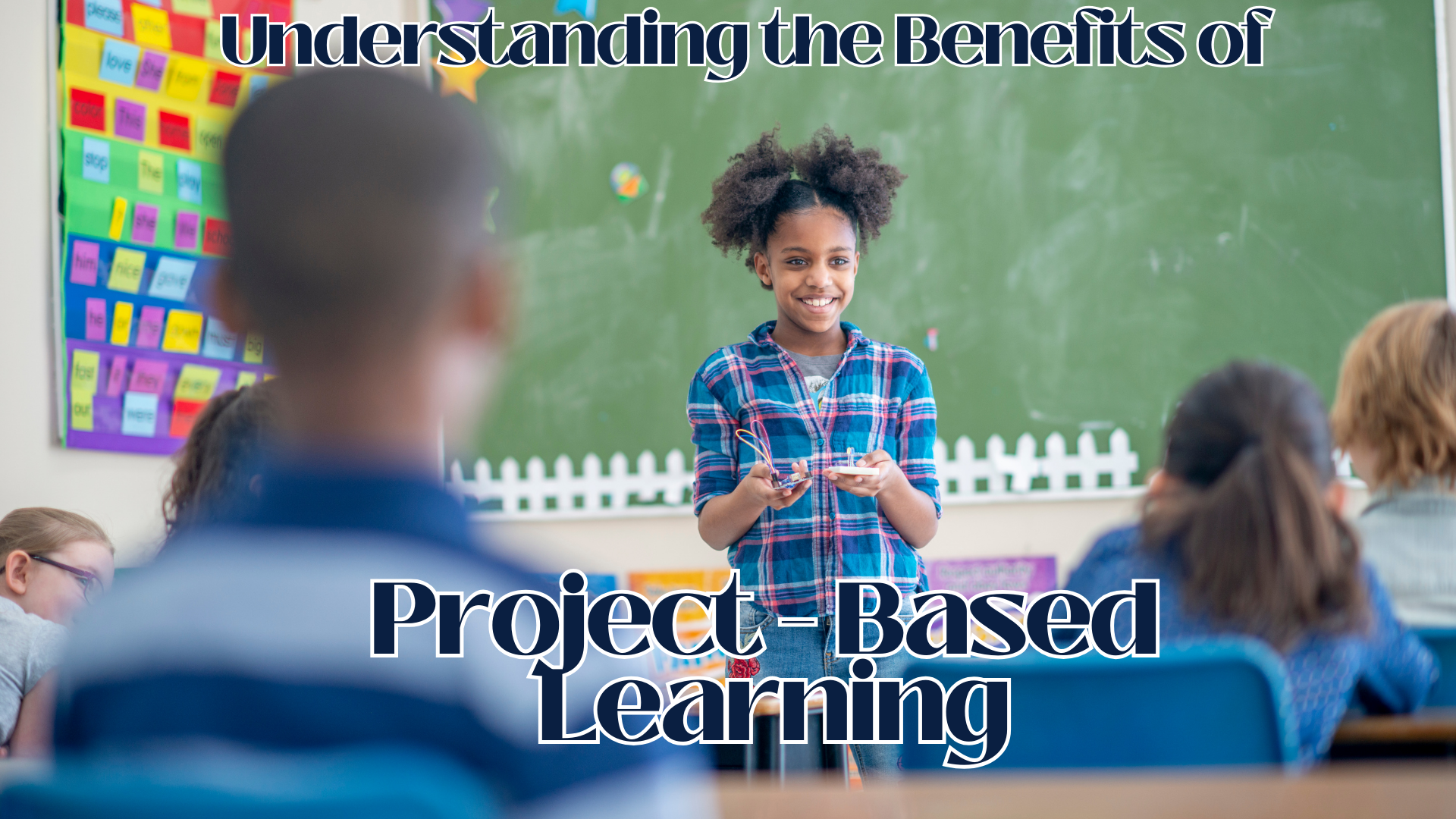Published by: Digital Schools
Project-Based Learning (PBL) is an educational approach that emphasizes learning through hands-on projects. Here are some key benefits of Project-Based Learning in a concise form:
Real-World Relevance: PBL connects classroom learning to real-world applications, making education more meaningful and relevant to students.
Critical Thinking Skills: Students engage in problem-solving, critical thinking, and decision-making as they work on projects, fostering skills essential for success in various aspects of life.
Collaboration: PBL encourages teamwork and collaboration, helping students develop interpersonal skills and learn how to work effectively with others.
Intrinsic Motivation: Projects often tap into students’ interests, fostering intrinsic motivation and a passion for learning that goes beyond traditional rote memorisation.
Application of Knowledge: Students apply theoretical knowledge to practical situations, reinforcing understanding and retention of concepts.
Communication Skills: PBL requires students to communicate their ideas clearly and effectively, enhancing verbal, written, and presentation skills.
Time Management: Working on projects teaches students how to manage their time efficiently and prioritise tasks, valuable skills for future academic and professional endeavors.
Creativity: PBL provides a platform for students to express creativity and explore innovative solutions to challenges, promoting a deeper understanding of the subject matter.
Long-Term Retention: Learning through projects often leads to better retention of information as students connect concepts to concrete experiences.
Preparation for the Future: PBL equips students with the skills needed in the modern workforce, such as problem-solving, adaptability, and a strong work ethic.
In summary, Project-Based Learning offers a dynamic and effective approach to education by fostering practical skills, encouraging collaboration, and preparing students for the challenges they will face in the future.


